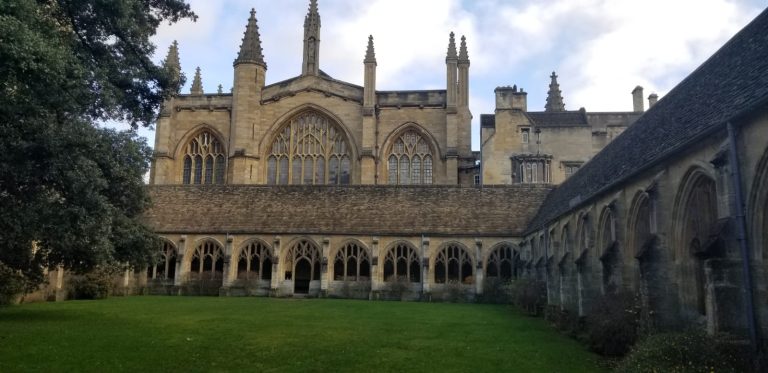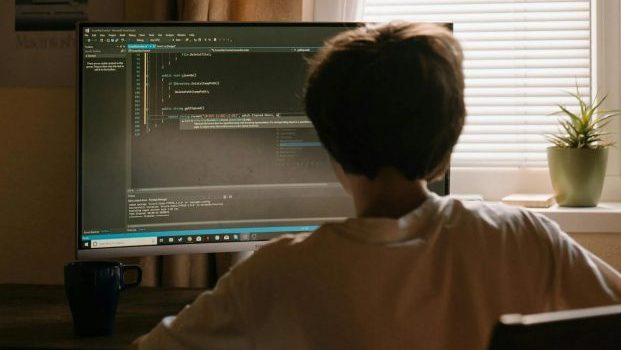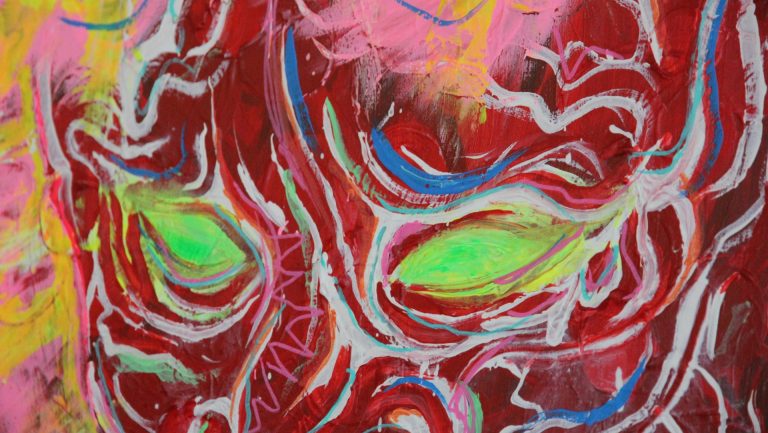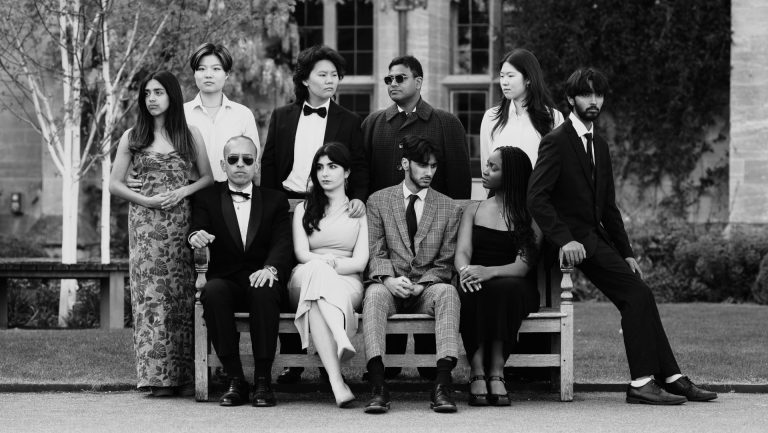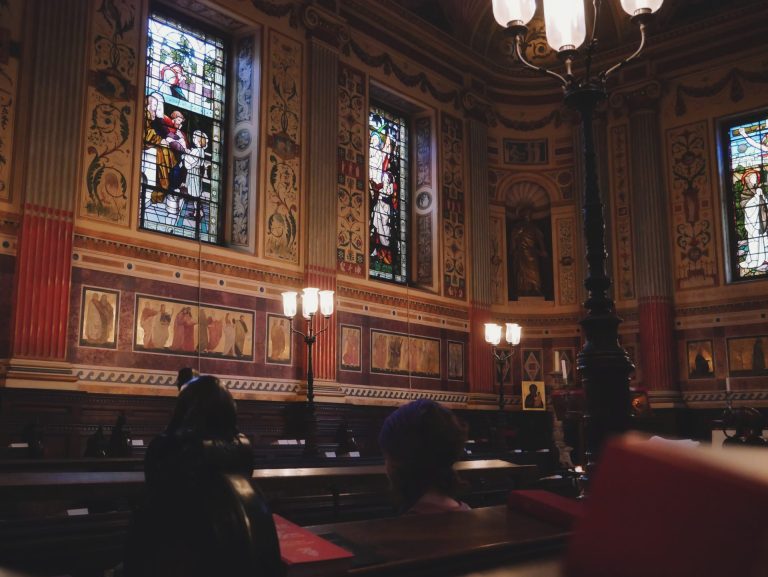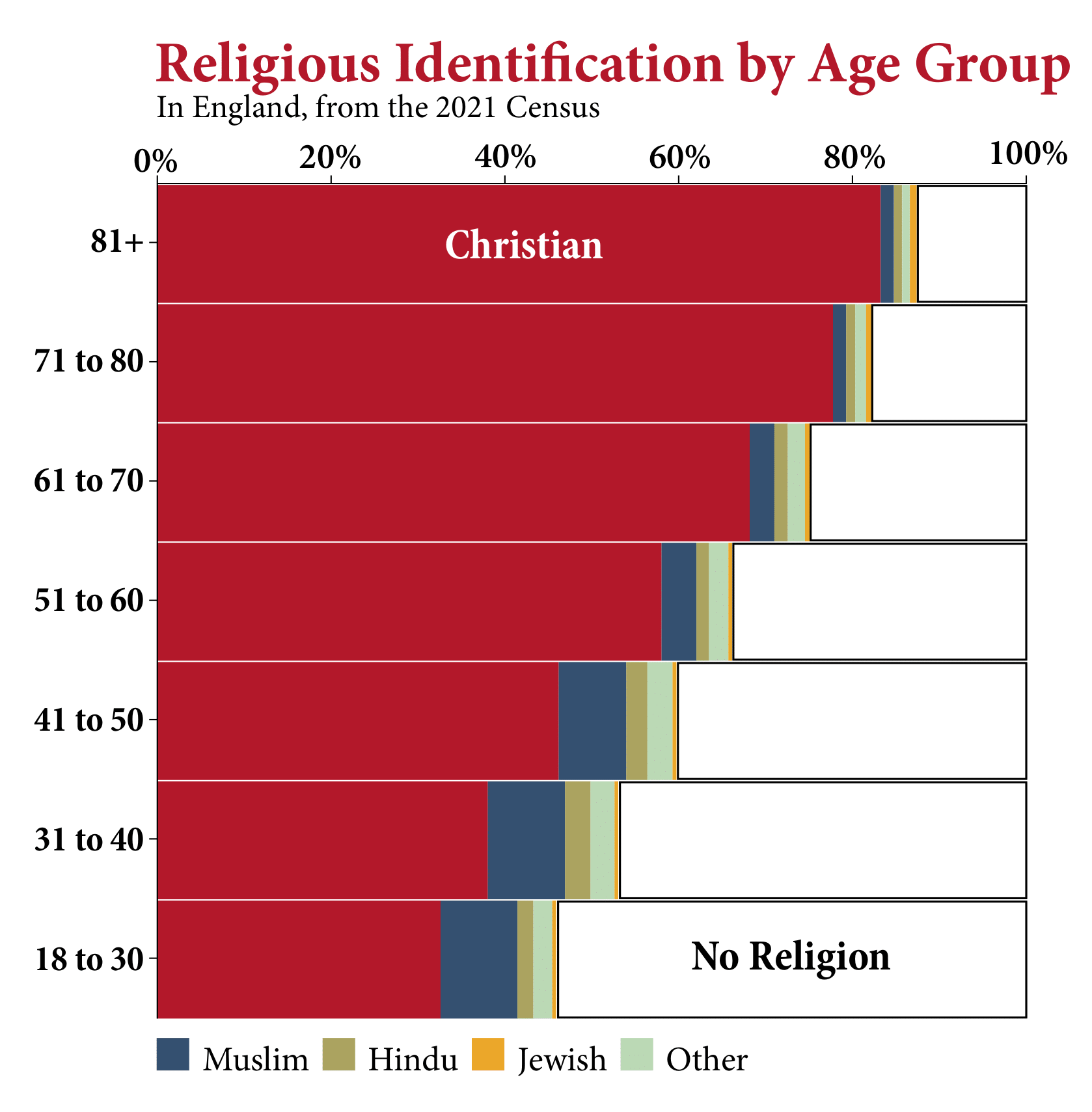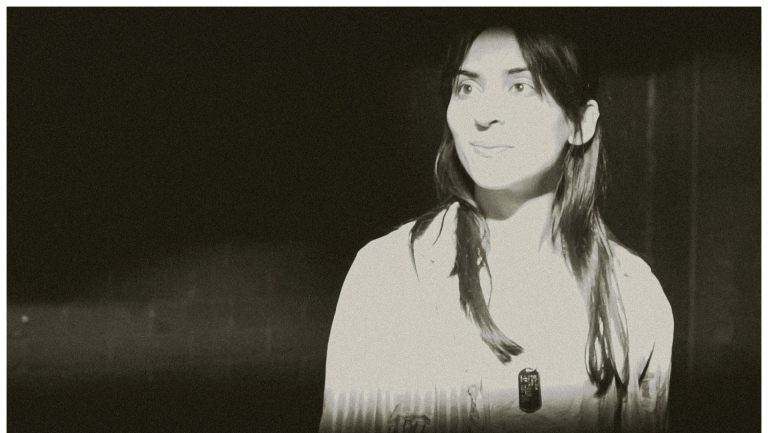There’s something about Oxford that makes people want to document it. The terms are fleeting, and begging to be captured. While Oxford students have a long tradition of photos, journals, and diary entries, a new way of capturing it all has emerged among Gen Z. You’ve probably seen them around, and you’ve probably watched their TikToks and Instagram reels. You may have even met a few of these quasi-famous figures. Student online personalities are no novelty, but a sign of the times, and Oxford’s storytelling legacy has evolved to make room for a new offshoot in the digital age: Oxford student influencers.
The student influencer online
Of course, the University presents its own perspective online. The University’s official Instagram boasts 1.8 million followers, and college social media profiles routinely attract hundreds of thousands of views. But this sanitised, institutional perspective isn’t what people are looking for. Something else has grown independent of the University’s online personality, something far more intimate: the perspective of the students behind the caps and the gowns.
Many of us searched Oxford online before we arrived. We subscribed to YouTube channels, followed Instagram accounts, and watched TikTok creators who documented their lives as students. Some of us even followed creators from their sixth form days, through the fervour of their results day, and into their fresh first weeks at Oxford. These influencers can almost feel like mythical creatures. We know they’re here, but in a strange way, their specially documented lives seem isolated from our own, mundane student experiences. That is, until we stumble on their posts, and suddenly there is this instant connection: sometimes it’s just a laugh, sometimes it feels more personal, like being seen by a stranger online who may only be 5 minutes from you at any given time, like having something that felt like your own unique experience watched by millions of people online.
The people behind the screens
To understand what it actually means to be a student content creator at Oxford, I spoke to several current and graduated Oxford students whose accounts have documented their lives and times at the University.
Oliver, @oliversoxford across Instagram and TikTok, is famous for his interviews with other students, most notably known for his satirical interviews with ‘Bartholomew Hamish Montgomery’ (‘Barty’), a fictional aristocrat who regales viewers with tales of private jets and endless trust funds. Beyond that, Oliver also puts out some “more down-to-earth content, like interviews with regular students”. Oliver’s interviews with characters like Barty help poke fun at the ancient traditions and privileges at Oxford, while his conversations with real students work to gently peel back the stereotype, revealing a more diverse and grounded reality behind the University’s image.
Next is Meagan (@meaganloyst on TikTok and Instagram), who spoke to me from New Zealand, where she’s currently staying. She shares content that blends the aesthetic Oxford life with behind-the-scenes moments, everything from study sessions to scenic shots of Oxford’s iconic architecture: “My Instagram is basically a living video diary of all my Oxford experiences and beyond”. Meagan’s content walks the line between aspiration and authenticity, trying to show a realistic display of life as a student.
Lastly, rooted in the ‘study-tube’ tradition, Chloe, @chloepomfret on Instagram and @chloerevises on TikTok, is focused on putting out content that highlights the realities of what life is like as a student, especially from a working-class perspective. Chloe’s social media presence seems to challenge the traditional view of life at Oxford, and as her footprint follows her from her years in secondary school and sixth form, it presents a rarer perspective of a journey into Oxford.
The conversation began with a question about how each first got into content creation. Oliver said he began “during the pandemic, as most people did.” Initially, he wanted to promote his eco-friendly queer fashion brand: “you know how people joke that it took them 25 years to realise they were gay and it took the algorithm 10 minutes?” But it soon fell into Oxford-focused videos, his street interviews were popular, and their conversational style “suited him well”.
For Meagan, it was much more deliberate: “When I got to Oxford, one of my goals was to get good at video editing and hit 10K on TikTok by the end of Michaelmas, so I started posting a video a day!” She also traced her start to the pandemic. “I initially started writing in a diary to document my experiences, but it was way faster to do daily videos instead.”
Chloe, on the other hand, started her social media career before the lockdowns. She told a story from her childhood, explaining the striking visual of being sat in the hospital when her grandfather was admitted, posting her notes online just for something to do, and watching it become the most unexpected escape outlet. She was quick to emphasise how much she values the community she built around her and how it became such an integral part of her life that it just had to continue into university.
The throughline of the COVID-19 pandemic is obvious. With the lockdown having been the first growth spurt for a lot of online circles, this isn’t a huge surprise. The pandemic was a pivotal moment for Gen-Z around the world. A generation that was already becoming defined by social isolation and a closer connection to screens was suddenly shoved entirely into the digital sphere. TikTok use exploded in 2020. Chloe, whose channel predates the pandemic, explained how she suspects that many people found community in those online groups to fill the absence of lecture halls and communal spaces. Now, even in the ‘after’ times and the real world, in-person Oxford, so much of our lives are still filtered through screens and algorithms.
Oxford: Romantic, elitist, both?
When it comes to the image of one of the world’s most famous universities, there’s an inherent tension between the romantic cobbled streets and the realities of student life: three essay weeks, high expectations, and, of course, the exclusivity at the heart of it all. I asked the content creators how they navigated the paradox that is the many sides of Oxford University when presenting such a complicated place in short videos to millions of people.
Oliver said: “I think most people realise that the videos are satire. If someone watches one of my posh sketches and decides not to apply without doing any further research, maybe Oxford wasn’t the right fit for them in the first place.” He was undoubtedly referring here to the frequent appearances of ‘Barty’ and his merry men in the oliversoxford sketches. In one video, Barty humorously tries to navigate modern dating, poking fun at the outdated ideas of the Oxford elite. “I try to balance them with more down-to-earth content, like interviews with regular students,” Oliver explained. He went on to stress his view that most students are down to-earth people from all kinds of backgrounds who are just passionate about their subject, not “the insane brainiacs that people often imagine”.
Meagan flattered our entire country when she told me: “As an American living in Oxford, it felt like living in a movie.” She explained that for her, posting about Oxford was a way to highlight the parts of it not everyone gets to see, showing a more realistic view into a student’s day-to-day.
Chloe explained that since day one, it was her goal to show Oxford for all its beauty while never shying away from the financial realities of studying here. We talked about the ‘work ban’ at Oxford, a rule that stops students from taking on paid work during term time. It’s something a lot of students don’t realise exists until they actually get here. She feels it is an unfair exclusion, barring certain students who may need the money during term time to afford their college rent. On the topic of college rent, she told me about a time when she approached St. Catherine’s College when she couldn’t afford her battels, and was “offered a job working in the college kitchen” to help pay them. She tells me that it’s things like this that can make Oxford feel out of reach for students who don’t have the same financial security as others, leaving them to figure things out on their own. To Chloe, bringing attention to barriers like this for prospective applicants is just as important as her other content.
Juggling TikTok and a degree
Now for the question that was really on my mind: how did they manage to juggle their degree with what was essentially a full-time job?
“I don’t do the degree”, Chloe deadpanned.
While I must preface, for the sake of her tutors and the Catz academic office, that she is joking, Meagan seconds her point: “You have to make it a priority to give content creation a real shot. Consistency is everything when you’re starting.”
Chloe did go on to explain that for her, content was closely tied in with her daily life and, as a result, flows fairly naturally from it.
Oliver told me that he did struggle at one point. While lawyers are already professional whiners about our workload, Oliver might have more of a right to complain: he’s balancing content creation, his Master’s in Law, and work for a marketing agency. And I thought I had it bad bouncing between Law and Cherwell articles! He stressed that he found discipline was key, and his schedule was not too different from everyone else’s: “Everyone at Oxford does societies and other stuff outside of your work – it just so happened that I could monetise mine.”
Why keep the posts coming?
So, what motivates these stars of the rectangular screen? Chloe told me that she does it for the reactions to her content, both positive and negative. If you look up student life at Oxford online, you are often inundated with a flood of “posh accents” and trips to Bicester Village. She wants to be a part of challenging this, helping people find it easier to imagine themselves walking the many halls and corridors of the University. Oliver, similarly, wants to reflect that Oxford is a “much more diverse place than people think”. Meagan also explained how she knows her videos, originally just a visual diary, have been helpful to incoming freshers looking to learn more about the University: “I’ve had a bunch of students tell me they saw my videos before arriving and it helped them choose their college, get excited about their degree, and beyond.”
I asked all three to tell me about how being content creators at Oxford has affected their lives:
Oliver told me: “It’s rewarding to see how people react to the content. As for the online persona, I try to stay authentic. I’m not trying to be someone I’m not, and I think that helps me balance the two worlds.”
Meagan really emphasised the connections she’s formed, the friends, the experiences, and the doors it opened up. She is a “huge advocate for the pros of social media, especially from a career perspective, and how you can leverage it to create and even manifest the life you want.”
Speaking about the pros and cons, Chloe mentioned the negative or disparaging comments she sometimes receives, both online and in-person. While those are par for the course, it’s the community she has built and the goals she’s working toward that make her feel incredibly lucky to have a voice and to use it to effect change, both in Oxford and outside of it. She especially highlighted her pride in being able to make Oxford a more welcoming place for student care leavers and being able to talk with them about a future at the University.
Fame, online and on the street
All three creators told me how their online fame often spills over into their everyday offline lives. Chloe has lost count of how many times she’s overheard someone say, “Oh, it’s that girl from TikTok.” Oliver and Chloe were, respectively, #2 and #6 on last year’s BNOC list. Even though it’s easy to think of them as existing solely on the screen, their fame can translate into real life far more than anyone would expect.
Lastly, I asked what’s next for these creators? Chloe discussed her work as co-chair of the Oxford Class Act Campaign, particularly a current project where she’s interviewing students who have been in local authority care or are estranged from their families. The goal is to compile a report for the University, which will use the findings to improve its support for these students. Oliver delved into his research on vaccine misinformation and the legal and ethical implications of censoring health-related misinformation. Meagan has already built up a reputation for Gen Z VCs, a global collective she founded. It’s basically a community for young people interested in investing, starting businesses, or working in startups. Her online fame has helped her get a monthly column in The Times.
So, that’s it from our cast of Oxford student influencers. Writing this piece made me reflect on just how differently we all move through and document our brief time here. But it also reminded me that even when we feel completely wrapped up in our own lives, we’re often walking different versions of the same story. Our experiences might feel deeply personal, but they’re rarely solitary and can be shared with the people around us. In talking with these people, I was reminded of the long history of Oxford students narrating their time here, the art of storytelling, it may seem, never really dies; it just evolves and evolves.


